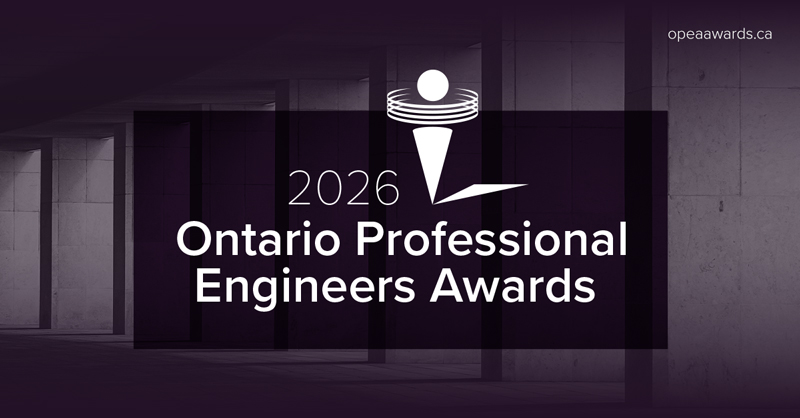Ensuring Excellence in Engineering
As part of its dedication to promoting excellence in professional engineering, OSPE advocates for Qualifications-Based Selection (QBS) as the ideal method for procuring engineering services. QBS emphasizes choosing firms based on their qualifications, expertise, and experience rather than focusing solely on price. This method ensures that complex, high-impact, or innovative engineering projects are managed by the most competent professionals, leading to improved long-term results, enhanced cost-effectiveness, and greater public safety.
What is QBS?
Qualifications-Based Selection (QBS) is a procurement method used to hire professional service providers—like engineers—based on their skills, experience, and expertise rather than just choosing the lowest bidder. Instead of selecting a firm just because it’s the cheapest, QBS ensures that the most qualified professionals are chosen based on value to the owner i.e. their ability to deliver high-quality, cost-effective, and long-lasting solutions.

Why is QBS the best procurement practice?
Focuses on Quality, Not Just Cost
Example: If a city needs to build a new bridge, hiring the cheapest engineering firm might lead to poor design, safety issues, or higher maintenance costs in the future. QBS ensures that experts with a strong track record are selected to deliver a safe, durable bridge.
Reduces Long-Term Costs
Example: A hospital needs a new ventilation system. A low-cost provider may install a system that fails frequently, increasing repair costs over time. QBS ensures the best engineers design an efficient, long-lasting system that saves money on maintenance.
Minimizes Risk and Improves Safety
Example: A poorly designed wastewater treatment plant can increase the risk of environmental contamination and legal issues. QBS ensures engineers with expertise in sustainable water management are selected, preventing costly and dangerous failures.
Encourages Innovation and Problem-Solving
Example: A municipality wants to improve traffic flow in a busy area. A highly qualified transportation engineer—selected through QBS—might propose an innovative roundabout design that reduces congestion better than a standard intersection.
Ensures Compliance with Regulations
Example: A factory needs to upgrade its environmental systems to meet new emissions standards. An experienced engineer ensures the project meets all legal requirements, avoiding fines or delays.
How does QBS work?
1. Identify the Most Qualified Firms
The client evaluates engineering firms based on factors such as experience, past projects, and team expertise.
2. Select the Best One
The most qualified firm is chosen before discussing price to ensure the right expertise is in place.
3. Negotiate a Fair Price
The client and engineer then agree on a scope of work and a fair fee for that scope.QBS vs. Low-Bid Selection
Criteria | QBS (Best Practice) | Low-Bid Selection (Risky) |
Selection Criteria | Based on expertise & experience | Based on lowest price only |
Project Quality | High-quality solutions, long-term benefits | Risk of poor design, safety issues |
Cost Over Time | Lower total costs due to durability & efficiency | Higher maintenance & repair costs |
Innovation & Flexibility | Encourages creative problem-solving | Limited to cheapest possible solution |
Risk & Liability | Reduces risks of failure, delays, or non-compliance | Higher risk of project failures |
Setting the standard in engineering
QBS protects public funds, ensures project performance, quality and safety, and delivers better long-term value forowners. It’s why leading organizations like the U.S. and Canadian governments, infrastructure agencies, and engineering associations recommend QBS for hiring professional services.

